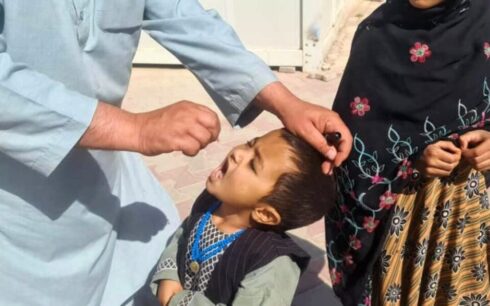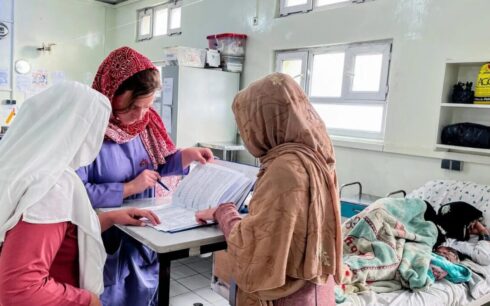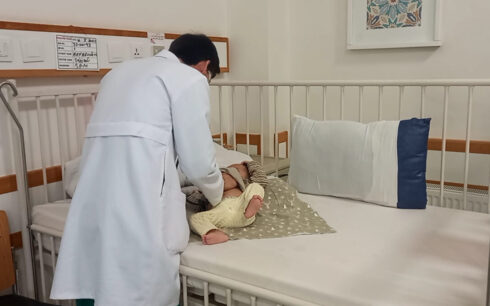Germany’s Foreign Minister, Annalena Baerbock, condemned the Taliban’s recent ban on medical education for women, including midwifery programs, saying the move is “literally erasing Afghanistan’s future.”
Baerbock described the situation for women in Afghanistan as akin to living in a “prison” and criticized the Taliban for denying basic healthcare and education. “The Taliban’s suspension of women’s health education not only denies basic healthcare and education but condemns countless lives,” Baerbock said in a statement on Wednesday.
The German minister vowed to take further action to support Afghan women, announcing plans to invite more Afghan men and women to Germany to help protect women’s rights in the country. “I’m teaching the Taliban a lesson by inviting as many Afghan men as possible to Germany. In this way, we can effectively protect Afghan women,” she wrote on the platform X, formerly Twitter.
Ban sparks global outrage
The Taliban’s decision to bar women from medical education, including the last remaining avenues for female students in the country, has drawn strong condemnation at both national and international levels.
The United Nations Assistance Mission in Afghanistan (UNAMA) warned that the directive, if enforced, would have a “detrimental impact” on the country’s healthcare system and overall development.
UNAMA said it is working to verify the directive through formal channels. “The ban would further curtail women’s rights to education and healthcare, exacerbating existing challenges in Afghanistan’s medical sector,” the agency stated.
This latest restriction adds to a series of measures by the Taliban that have severely curtailed women’s access to education and professional opportunities since their return to power in 2021.
The ban has been widely criticized as a blow to an already fragile healthcare system, where female medical professionals play a critical role in providing care to Afghan women, particularly in rural areas where male doctors are often culturally prohibited from treating female patients.
A Bleak Future
Women in Afghanistan have faced increasing restrictions under the Taliban, including bans on secondary and higher education, employment in most sectors, and public life. Observers warn that these policies not only violate fundamental human rights but also deepen Afghanistan’s humanitarian and developmental crises.
International organizations and rights advocates continue to call on the Taliban to reverse such measures, which they argue jeopardize the country’s future and further isolate it from the global community.




